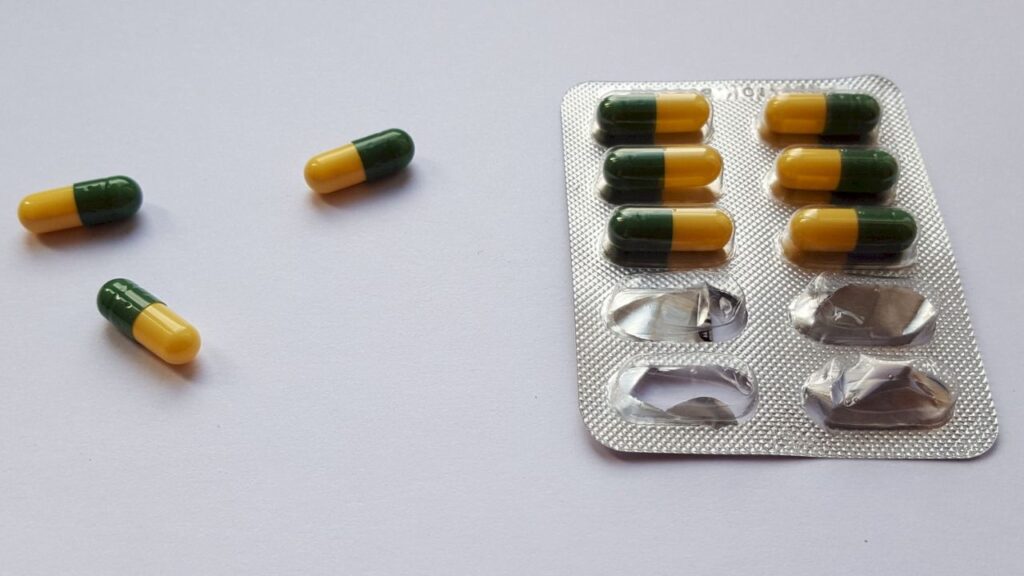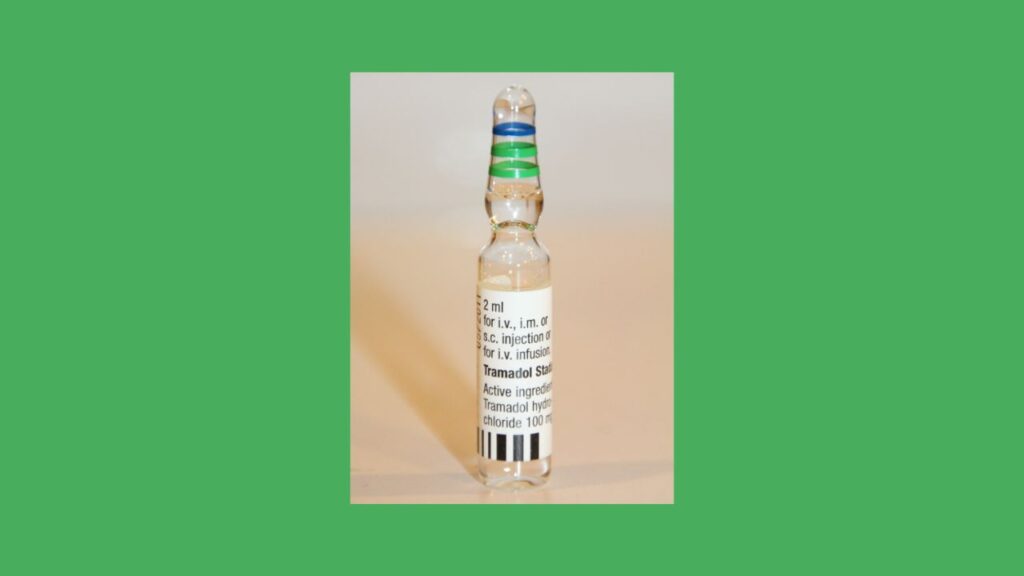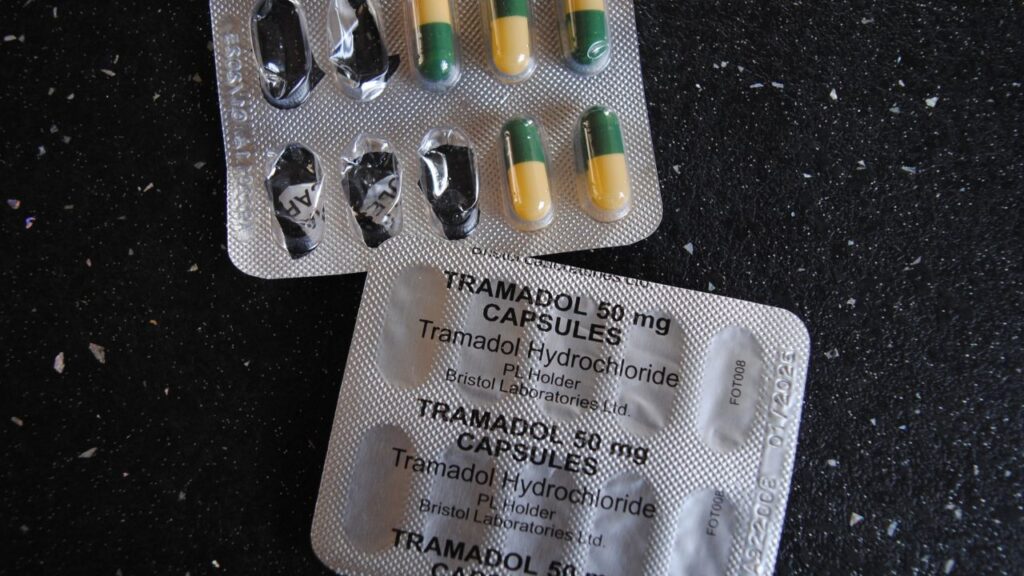Tramadol, a prescription opioid medication used to treat moderate to severe pain, has been a topic of concern due to its potential for addiction. As the opioid epidemic continues to impact communities across the United States, including Ohio, it is crucial to understand the risks associated with tramadol use and the importance of seeking professional help for addiction.
The Addictive Potential of Tramadol
While tramadol is often considered a safer alternative to other opioids, it still carries a risk of addiction. Tramadol works by binding to opioid receptors in the brain, producing pain relief and feelings of euphoria. Over time, the brain may adapt to the presence of tramadol, leading to tolerance and dependence.
Tramadol is classified as a Schedule IV controlled substance by the Drug Enforcement Administration (DEA), indicating its potential for abuse and dependence. Although it may have a lower risk of addiction compared to other opioids, such as oxycodone or hydrocodone, tramadol can still lead to significant problems when misused or taken for extended periods.

Signs and Symptoms of Tramadol Addiction
Recognizing the signs and symptoms of tramadol addiction is essential for early intervention and treatment. Some common indications of tramadol addiction include:
- Taking larger doses or using tramadol more frequently than prescribed
- Experiencing cravings or a strong desire to use tramadol
- Neglecting responsibilities at work, school, or home due to tramadol use
- Continuing to use tramadol despite negative consequences
- Engaging in risky behaviors to obtain or use tramadol
- Experiencing withdrawal symptoms when attempting to quit or reduce tramadol use
Other signs of tramadol addiction may include changes in mood or behavior, financial difficulties, and strained relationships with family and friends. It is essential to be aware of these signs and to seek help if you or someone you know is struggling with tramadol addiction.
Risks of Long-term Tramadol Use
Long-term tramadol use can lead to several adverse health consequences, including:
- Increased risk of overdose
- Respiratory depression
- Liver and kidney damage
- Cognitive impairment
- Heightened risk of developing other substance use disorders
In addition to these health risks, long-term tramadol use can also lead to the development of tolerance, meaning that higher doses are required to achieve the same effects. This can increase the risk of overdose and other adverse consequences.
Tramadol overdose can be life-threatening and may cause symptoms such as severe drowsiness, slowed or stopped breathing, coma, and even death. The risk of overdose is heightened when tramadol is combined with other central nervous system depressants, such as alcohol or benzodiazepines.
Seeking Professional Help at The Bluffs Addiction Campuses
If you or a loved one is struggling with tramadol addiction, it is crucial to seek professional help. The Bluffs Addiction Campuses, located in Ohio, offers comprehensive treatment programs tailored to the unique needs of each patient.
Our experienced team of addiction specialists provides evidence-based therapies, including medication-assisted treatment (MAT), cognitive-behavioral therapy (CBT), and group therapy. We also offer a supportive and compassionate environment that promotes long-term recovery and helps patients develop the skills necessary to maintain sobriety.
MAT involves the use of medications, such as buprenorphine or methadone, to help manage withdrawal symptoms and reduce cravings. These medications, when combined with behavioral therapies and counseling, can significantly improve treatment outcomes and reduce the risk of relapse.
CBT helps patients identify and change negative thought patterns and behaviors associated with tramadol addiction. By developing coping strategies and problem-solving skills, patients can better manage triggers and maintain their recovery.
Group therapy provides a supportive environment where patients can share their experiences, learn from others, and build a network of peers who understand the challenges of addiction recovery.

The Dangers of Quitting Tramadol Without Medical Supervision
Attempting to quit tramadol without medical supervision can be dangerous and potentially life-threatening. Tramadol withdrawal symptoms can be severe and may include:
- Anxiety and agitation
- Muscle aches and pains
- Nausea and vomiting
- Insomnia and restlessness
- Sweating and chills
Withdrawal symptoms can be intense and may lead to relapse if not managed properly. Seeking professional help ensures that patients receive the necessary medical support and guidance to safely and effectively overcome tramadol addiction.
At The Bluffs Addiction Campuses, our medical professionals closely monitor patients during the detoxification process, providing medications and support to minimize discomfort and ensure safety. Following detox, patients transition to our comprehensive treatment programs, which address the underlying causes of addiction and provide the tools necessary for long-term recovery.
Take the First Step Toward Recovery Today
If you or someone you love is struggling with tramadol addiction, don’t wait to seek help. The Bluffs Addiction Campuses is here to support you on your journey to recovery. Contact us today at 330-919-9228 to learn more about our comprehensive treatment programs and take the first step toward a healthier, addiction-free life.
Remember, addiction is a treatable disease, and recovery is possible with the right support and care. By seeking professional help, you can overcome tramadol addiction and build a foundation for a brighter future.








